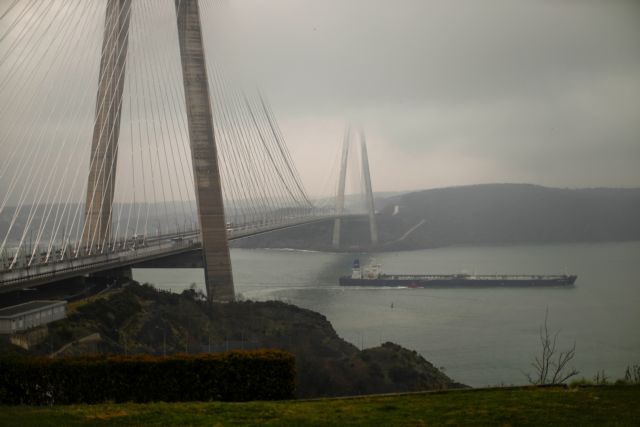Bypassing the Bosporus

Eleven years after the abandonment of the trans-Balkan oil pipeline project designed to take Russian crude through Bulgarian territory to Greece, effectively bypassing the Bosporus Strait, the proposal is again the subject of talks between Athens and Sofia – this time without Moscow’s participation.
The two Balkan neighbors have announced that they are revisiting the investment, this time reversing the direction of the pipeline from Alexandroupoli on the Aegean coast to the Black Sea port of Burgas.
Bulgaria would thereby make a significant step in cutting its dependence on Russian oil. Meanwhile Greece would strengthen its position on the European energy map given that following the operation, since October, of the Interconnector Greece-Bulgaria (IGB) pipeline transporting Azeri gas to the neighboring country and other Balkan markets, it would now also carry oil.
Furthermore, the move would undermine the status of the Bosporus Strait as a geopolitical instrument in the hands of Turkey. Ankara has control over access to the key straits of the Black Sea and it tends to act according to its own interests or those of Vladimir Putin; the Russian president, after all, often treats Turkey as a Trojan horse.
Ankara has control over access to the key straits of the Black Sea and it tends to act according to its own interests or those of Vladimir Putin
Case in point: As he announced that Athens and Sofia will be holding talks on the oil pipeline project, Bulgaria’s Energy Minister Rossen Hristov said that since Russia cut the oil and gas supply to Bulgaria, Turkey has quintupled the transit fee it charges tankers supplying the Burgas refinery with Mediterranean crude. The pipeline was designed between Russia, Bulgaria and Greece in the 1990s as a way of bypassing the Bosporus. In 2011, the project was ditched, although the plans had been completed. The decision was formally attributed to Bulgaria’s environmental concerns.
The truth is that the project was canceled due to excessive pressure from Washington, which did not want to see the two Balkan states getting anchored to Russia. Using the proposed pipeline as an excuse, Russia had begun to set foot in Alexandroupoli, the southern end of the pipeline.
It turns out the Americans were right about Russia’s games in the region also after the incursion into Ukraine. Now we have to wait and see whether the oil pipeline will have the opposite effect.
In any case, the plans exist. And, if they materialize, Alexandroupoli’s geopolitical status will be elevated further.





